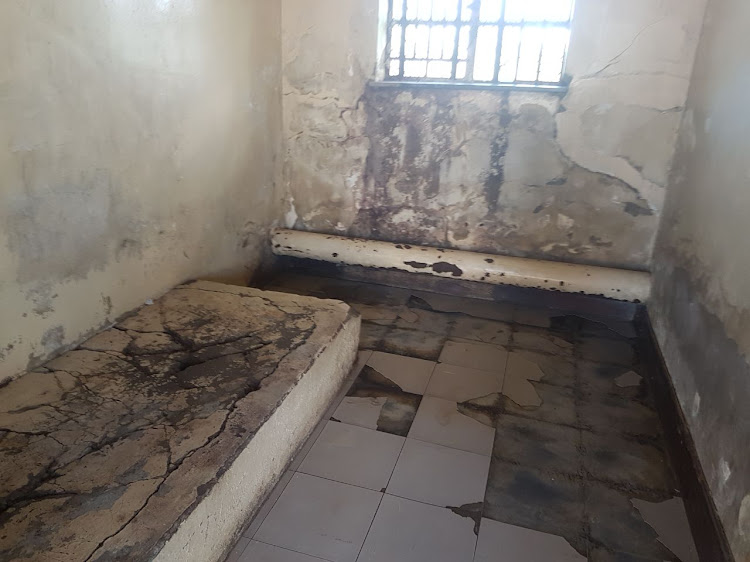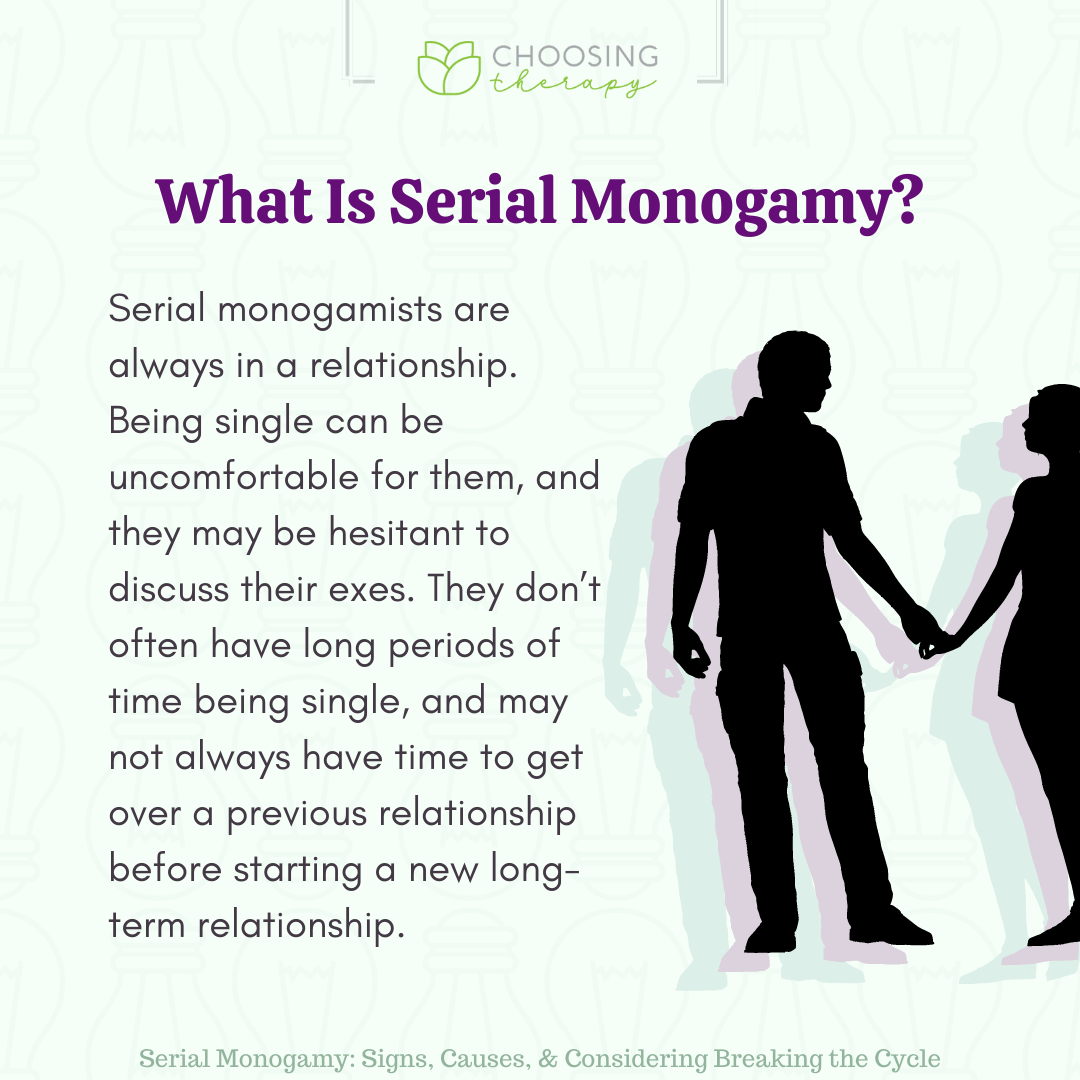Ghana's Mental Health Crisis: A Critical Shortage Of Psychiatrists

Table of Contents
The Stark Reality: Insufficient Psychiatrists in Ghana
The current number of psychiatrists in Ghana is woefully inadequate to meet the needs of its population. Precise figures vary, but reports consistently highlight a drastically low psychiatrist-to-patient ratio, far below international standards recommended by organizations like the World Health Organization (WHO). This translates into a severe shortage of mental health professionals capable of providing essential care.
-
Low psychiatrist-to-patient ratio: Estimates suggest a ratio of far fewer than 1 psychiatrist per 100,000 people, compared to the considerably higher ratios seen in many developed nations. This means countless individuals struggling with mental health issues lack access to the specialized care they desperately need.
-
Uneven distribution: The limited number of psychiatrists are disproportionately concentrated in urban areas, leaving rural communities severely underserved. Individuals in remote regions often face insurmountable barriers to accessing even basic mental healthcare, exacerbating the crisis.
-
Long waiting times and limited access: Long waiting times for appointments are commonplace, forcing individuals to endure prolonged suffering without treatment. Access to specialized care, such as inpatient services or specific therapeutic interventions, is often extremely limited.
-
Increased burden on existing professionals: The existing healthcare professionals are overburdened, facing immense pressure to manage an overwhelming number of cases with limited resources. This unsustainable situation leads to burnout and compromises the quality of care provided.
Underlying Causes Contributing to the Shortage
The shortage of psychiatrists in Ghana is a complex problem stemming from various interconnected factors. Addressing this crisis requires a comprehensive understanding of these underlying causes.
-
Lack of investment in psychiatric training and education: Insufficient funding for psychiatric training programs in medical schools and a lack of specialized training opportunities limit the number of qualified psychiatrists entering the workforce.
-
Limited funding for mental health services: Inadequate government funding for mental health services creates a vicious cycle. Limited resources discourage individuals from pursuing careers in psychiatry, further exacerbating the shortage.
-
Brain drain: Many trained Ghanaian psychiatrists seek better opportunities abroad, migrating to countries offering higher salaries, better working conditions, and more advanced resources. This brain drain significantly depletes the already limited pool of mental health professionals.
-
Social stigma surrounding mental illness: The pervasive stigma associated with mental illness in Ghana leads to underreporting, delayed treatment-seeking, and a reluctance to openly discuss mental health issues. This social barrier hinders progress and perpetuates the cycle of untreated mental illness.
The Devastating Impact of the Shortage
The consequences of the insufficient number of psychiatrists in Ghana are far-reaching and devastating, impacting individuals, families, and society as a whole.
-
Increased rates of suicide and self-harm: Limited access to mental healthcare contributes to increased rates of suicide and self-harm among those struggling with untreated mental health conditions.
-
Higher prevalence of untreated mental illness: The lack of access to psychiatrists means many mental illnesses remain untreated, leading to decreased productivity, reduced quality of life, and a significant economic burden on individuals, families, and the nation.
-
Strain on families and caregivers: Families and caregivers bear a disproportionate burden, providing often inadequate and unsustainable support for loved ones struggling with mental illness.
-
Impact on overall public health and well-being: The mental health crisis has a substantial impact on overall public health and well-being, hindering national development and progress.
Potential Solutions and Recommendations
Addressing the shortage of psychiatrists in Ghana requires a multi-pronged approach involving significant investments and systemic changes.
-
Increased investment in psychiatric training programs: Substantial investment is needed to expand psychiatric training programs in medical schools, providing more opportunities for aspiring psychiatrists. Scholarships and financial aid can incentivize students to pursue this specialized field.
-
Incentivizing Ghanaian psychiatrists to remain in the country: Competitive salaries, improved working conditions, and opportunities for professional development are crucial to retaining qualified psychiatrists within Ghana and discouraging emigration.
-
Expanding access to mental healthcare: Telepsychiatry, community-based mental health services, and mobile clinics can help expand access to care, especially in underserved rural areas.
-
Raising public awareness and reducing stigma: Public awareness campaigns to destigmatize mental illness are crucial to encouraging help-seeking behavior and creating a supportive environment.
-
Collaboration with international organizations and NGOs: Partnerships with international organizations and NGOs can provide valuable resources, expertise, and financial support to strengthen mental health services in Ghana.
Conclusion
Ghana's mental health crisis is a serious concern, deeply rooted in a critical shortage of psychiatrists. Addressing this challenge requires a multi-pronged approach, encompassing increased funding for mental health services in Ghana, improved training programs for psychiatrists in Ghana, and a concerted effort to destigmatize mental illness. We urge the Ghanaian government, healthcare organizations, and international partners to prioritize investment in mental health services and training more psychiatrists in Ghana. Only through collaborative action can we hope to overcome this crisis and ensure access to vital mental healthcare for all Ghanaians.

Featured Posts
-
 Breaking The Silence Improving Mental Health Awareness With Dr Shradha Malik
May 02, 2025
Breaking The Silence Improving Mental Health Awareness With Dr Shradha Malik
May 02, 2025 -
 Christina Aguileras Photoshopped Pictures Fans React To Unrecognizable Photoshoot
May 02, 2025
Christina Aguileras Photoshopped Pictures Fans React To Unrecognizable Photoshoot
May 02, 2025 -
 Community Mourns 10 Year Old Girl Lost On Rugby Field
May 02, 2025
Community Mourns 10 Year Old Girl Lost On Rugby Field
May 02, 2025 -
 Can A Smart Ring Guarantee Monogamy Exploring The Implications
May 02, 2025
Can A Smart Ring Guarantee Monogamy Exploring The Implications
May 02, 2025 -
 Nebraskas Successful Voter Id Campaign A National Clearinghouse Award Winner
May 02, 2025
Nebraskas Successful Voter Id Campaign A National Clearinghouse Award Winner
May 02, 2025
